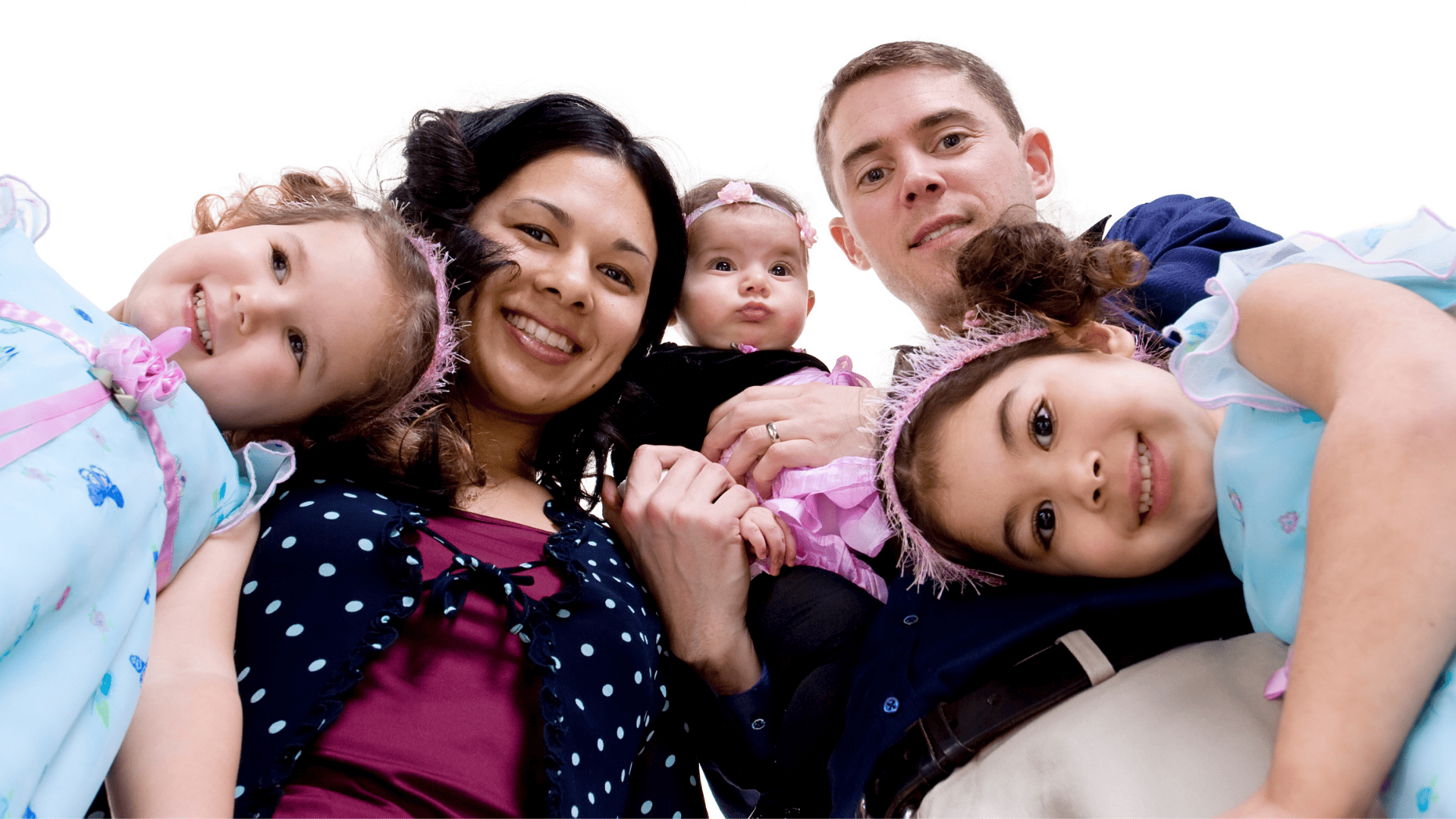A place for children to relate

“Look at how good and pleasing it is when families live together as one. ”
Psalm 133:1
Family is the most important thing in a child’s life
Many things shape us: friends, schooling, media – but none more than our family. Family is at the centre of God’s plan for the happiness and development of His children.
How can we as parents foster an environment that helps our children have a place to relate in our family unit?
“We love because he first loved us”. 1 John 4:19

Show unconditional love in family interaction
God designed the family unit to demonstrate His unconditional love. We can show our children God’s love in the ways we interact with them. Creating an environment that teaches kids about unconditional love, not perfection or unrealistic expectations, but a safe and secure family that will always support each other. Children will find connection and a place to relate when they feel the unconditional love and acceptance of their family unit.

Be present in the everyday moments
Most families I speak to recently are in the midst of another lockdown, struggling to get through the essential daily tasks of work, housekeeping and remote learning with a positive frame of mind intact. Helping our kids have a place to relate in family life does not need to add stress in your day. Kids will flourish in a safe and secure place where they can be themselves and know they are supported. Be available to connect with your kids in the everyday moments that occur naturally: the invitation to make a play dough creation together, the conversation on a walk down the road or a spontaneous song and dance while cooking dinner. These moments create connections with your kids and give them opportunities to relate in a safe family space.

We can be intentional about creating moments for our children to connect with us
When you do have the headspace and energy consider some ways that your family can participate in planned moments that create space for your children to relate. Here are some examples:
Photo Albums
Take time to sit together and look through photo albums, speaking out positive things about memories you and your family have had together. My kids love to look through our photo books over and over again and beg me to tell the stories of what we were doing in each photo, who was there and what was special about the moment.

Evening discussions
Have the oldest child spin a spoon on the table, like they would a spinner in a board game. When the spoon handle stops spinning and points toward someone, each person around the table can take turns to say one nice thing about the person that the spinner pointed to.
When everyone has finished sharing, the next oldest child can spin the spoon. When it points to a new person, have family members share something they like about that person. Continue in this way until everyone has had a turn spinning the spoon and all people around the table have been the recipient of affirmation. (M. Schalesky).

Plan a fun and fancy dinner
Have each family member create award certificates that highlight positive qualities of other family members. For instance, family members might win awards for Best Laugh, Funniest Expression, Best Prayer Warrior or Most Generous.
When the appointed date arrives, have everyone dress up and enjoy your banquet. Then take pictures and present your awards to each other. Afterward, discuss:
- God made family. Why do you think He did that?
- Why do you suppose God chose to put us together as a family? What “awards” do you think He would give to our family? What “awards” could we work toward earning next year?
- Proverbs 1:8 says, “Listen, my son, to your father’s instruction and do not forsake your mother’s teaching.” What is God saying in this verse? How does that affect the way we live our lives together?

Wrap up with prayer, thanking God for each individual family member and asking for His blessing to help your family thrive. (M. Nappa).
God has designed your family to be a place of strength and support where your children can feel safe in the knowledge of God’s unconditional love. Be conscious of helping your children connect and fostering opportunities, whether planned or unplanned, to give them a place to relate in your family unit.
References:


